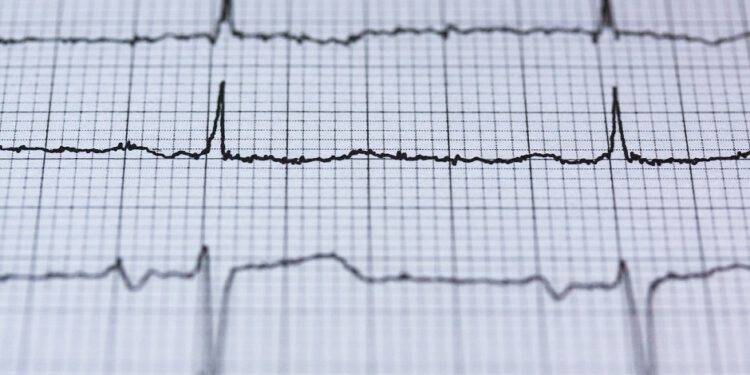Researchers at the University of Buffalo design a system that allows you to unlock a computer with the beat, shape and size of your heart. At the moment it is only a prototype, but they are already negotiating its commercialization.
Memory is an ally of our security. It depends on it that we remember the passwords of the devices and networks that we use in our day to day, although while it is true, there are already programs to keep them safe.
However, the use of passwords carries an increased risk of a breach of our privacy. To solve this, experts have developed systems such as fingerprint or iris scanner. And, more recently, the new iPhone X has incorporated facial recognition as an identification for unlocking the phone.
However, security is one of the priorities within the technological world. This was confirmed by the meeting # PredictionsTIC this year, when security appeared as the top priority in relation to technological investment in Europe.
Unlock a computer through a biometric method
Now, a team of researchers from the Department of Computing and Engineering at the University of Buffalo (USA), led by Wenyao Xu, has designed a security system that is able to unlock a computer only with the beat of our heart.
And is that, a biometric method results safer because, according to researchers, the pulsations of our heart are unique, since “two people with identical hearts have never been found,” says the team of experts in this regard.
The results of the research, which has lasted three years, were presented during the 23rd MobiCom international conferenceheld in Utah (USA) from 16 to 20 October.
Other parts of our body had already been used for identification such as facial recognition, but it is the first time that an entire organ has been used for this purpose.
Unlike other systems that used the heart for the security process, the new system is remote, without physical contact, has an operating radius of 30 meters. In addition, its evaluation is based on the geometry of the heart itself.
Locates organ movement
Security system uses radar Doppler low intensity to analyze the movements of the heart. In this way, the device measures the size, shape and heartbeat for scanning. The first scan takes approximately 8 seconds, but then you can recognize it automatically. Thus, the computer would detect the heartbeat as it approached and it would unlock; while as it moved away it would block again because it did not locate the movement of the organ in question.
One of his drawback is that the system it may stop working if the heart changes size or shape due to disease.
As for the health risk for being a radar, the researchers assure that the system has no danger. Even Wenyao Xu assures that”the reader has a power of, approximately, 5 milliwatts, which is even less than 1% of the radiation of our smartphones”.
At the moment it only works for computers, but researchers are already thinking about new versions of the system. These would include the reduction of the device to be able to be integrated into mobile phones, tablets or any other object that requires identification.
Another of its areas of application could be airport, as it could identify and conduct background checks on passengers before entering the security zone. Or, for medical purposesbecause the system monitors the heart.
For now, researchers are already working with several companies to market it.









